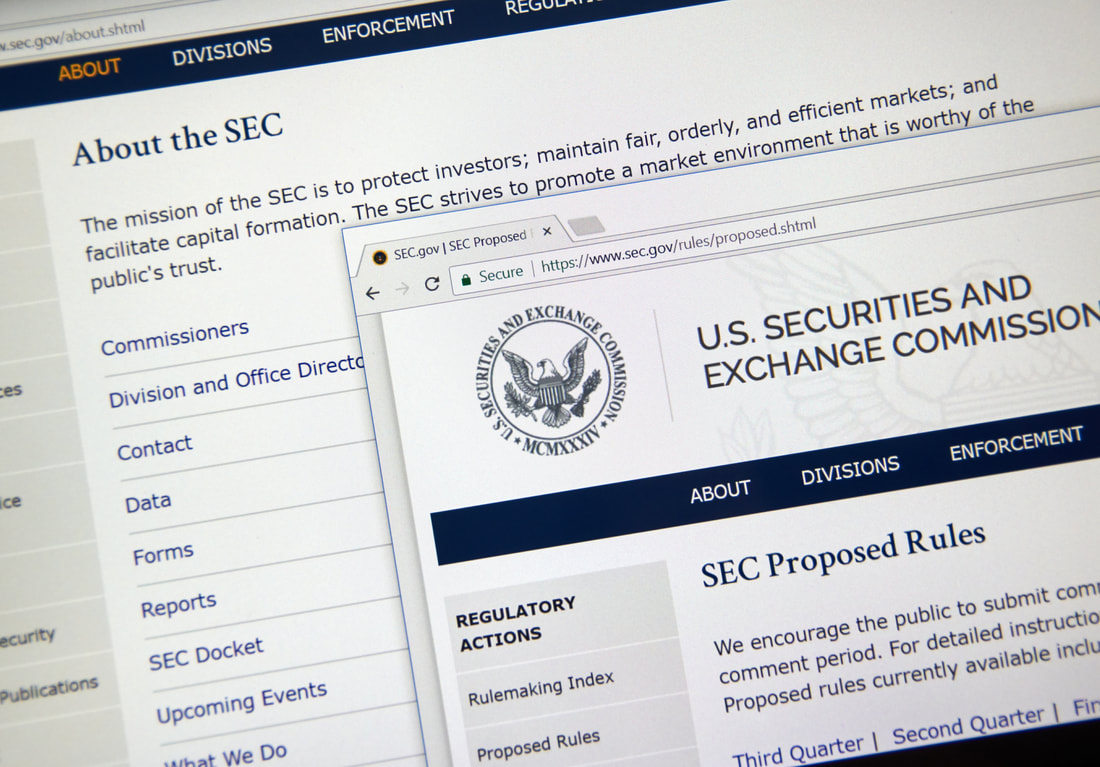|
"Given the legal and political challenges, along with the need to craft a balanced set of rules—one that would be likely to survive a court challenge—it's hardly surprising that the process is taking longer than anticipated," Legal departments anticipating an imminent rollout of a mandatory climate disclosure rule, one of the U.S. Securities and Exchange Commission’s most controversial and complicated proposals in decades, likely will have to wait until fall.
The SEC trotted out a 510-page proposed rule in March 2022. It would require public companies to detail climate-related risks they face and disclose greenhouse gas emissions. Some agency watchers anticipated a final rule would be released this spring. SEC spokeswoman Aisha Johnson said the agency does not comment on the timing of regulatory actions. But former SEC commissioner Robert J. Jackson Jr. stated on a webinar last month that the agency wanted to take more time to craft the rule after extensive public input. “I’ve just understood over the last few weeks it looks like the rule is going to be pushed back a little further than many had thought, including myself. It looks more like the fall of this year,” S&P Global Market Intelligence quoted Jackson as saying. That would likely mean public companies would likely not begin making climate disclosures until next year. But even that could be optimistic. Opponents, including manufacturers, have signaled they are chomping at the bit to litigate. Republicans in Congress have alleged the SEC is exceeding its authority by elbowing its way into climate issues and that the rule amounts to pandering to climate activists. Industry groups have howled that the rule will be burdensome and expensive and question its usefulness. Suppliers including farmers that would not be covered under the rule worry the burden of the rule will fall on them to furnish data to customers that will be required to make climate disclosures. “Given the legal and political challenges, along with the need to craft a balanced set of rules—one that would be likely to survive a court challenge—it’s hardly surprising that the process is taking longer than anticipated,” Cydney Posner, special counsel in Cooley’s public companies group, said in a client advisory this month. Public companies would be required to disclose Scopes 1 and 2 greenhouse gas emissions, while some larger firms would report Scope 3 emissions, which include those from their supply chain. Republicans in Congress have cited court rulings, such as West Virginia v. EPA, that they say reinforce that Congress should have oversight over the SEC’s climate rule. In a letter to SEC Chair Gary Gensler, they said regulators “cannot create new interpretations of existing law to pretend they have legal authority to support sweeping policy changes that Congress never intended.” Gensler counters that many publicly traded companies are already voluntarily disclosing greenhouse gas emissions and that some investors are already making decisions based on climate risk. Climate disclosure isn’t the only SEC proposal giving legal departments heartburn. Last year, the agency also proposed cybersecurity disclosures allowing investors to better compare companies’ cyberattack vulnerabilities and defenses. As with the climate rule, many expected a final release this spring. The timetable now is unclear. Commenters on the proposal have raised a number of concerns, including that companies would have to disclose material cybersecurity incidents within four days. Jeffrey Johnston, a partner at Vinson & Elkins, said that window is the primary concern he’s hearing about. “Four days is a really short period of time, especially given the chaotic nature of a cyber incident and the reality that often the initial view of what has happened is wrong or incomplete,” Johnston said. He said there’s also concern the proposed rules don’t have a carve-out to delay the reporting obligation when there is an ongoing internal or external investigation related to the cybersecurity incident. “Companies are concerned about tipping their hand and alerting the bad guys before the investigation is concluded. It will be interesting to see what the SEC does in the final rule,” he said.
0 Comments
Leave a Reply. |
HISTORY
April 2024
Categories |
© Walk 4 Change. All rights reserved.


 RSS Feed
RSS Feed